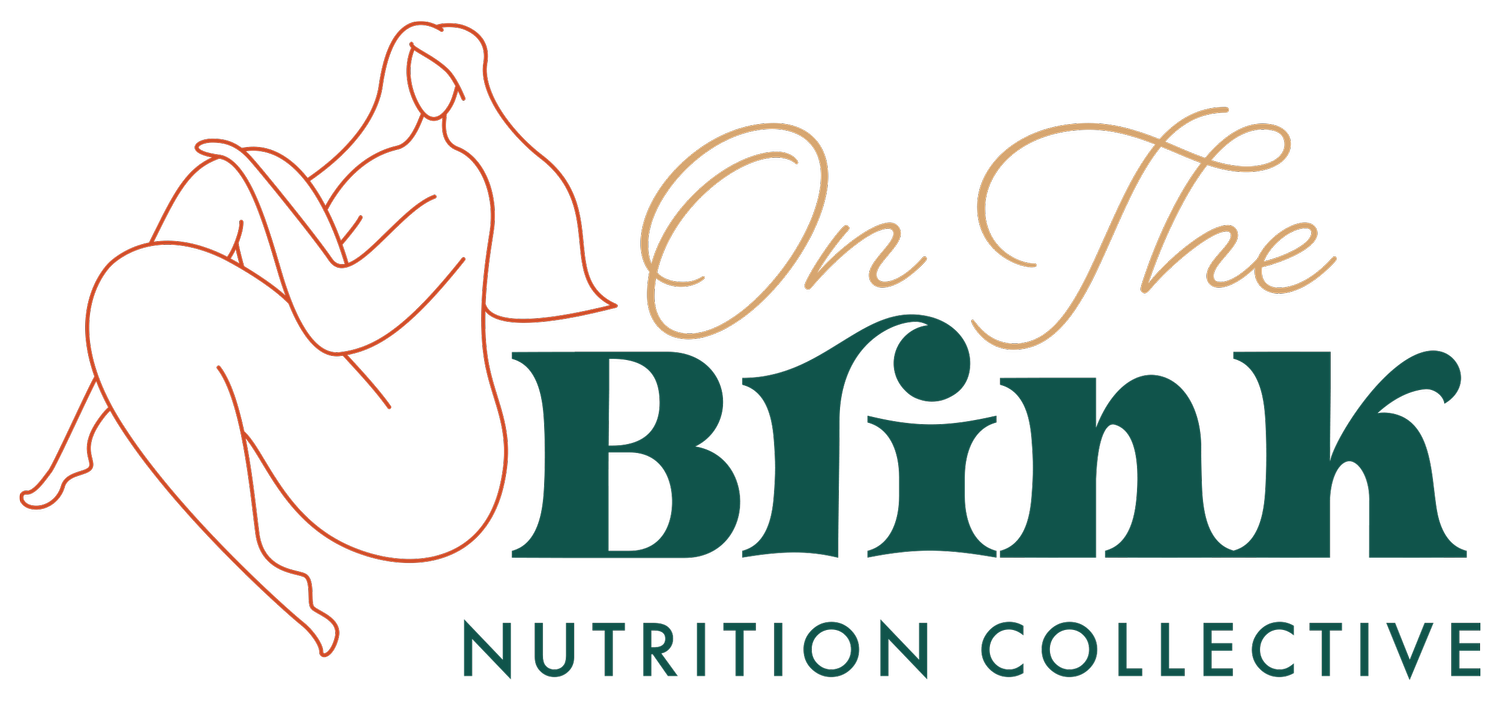Steps To Food Freedom
Moving away from dieting and recovering from an eating disorder may (most likely) require a multitude of interventions, with the help from a myriad of professional and lay people.
Eating disorder behaviors are survival strategies created by disordered environments and systems of oppression. The variables that make an eating disorder/disordered eating necessary are MANY. Therefore, it only makes sense that the approaches to recovery and healing should be equally diverse and multi-faceted.
For some, it may be works of fiction and poetry that finally shake them from the grips of an eating disorder or need to diet. For others, it is having children of their own. Sometimes, planting and tending to a garden can be the turning point to sustainable behavior change. I’ve even seen the impact of a well-timed vacation (nothing fancy, just time away from the disordered environment) shift a person’s confidence level.
I share the above information with you in an effort to tell a bigger story about what it takes to heal our relationship with food. It takes more than just me, a dietitian (a so called “expert” in nutrition), handing a client a meal plan to follow.
And, also, a client and I often co-create meal plans because sometimes a gentle and generous reference point is necessary while the client (and their support system) builds and reclaims a sense of trust in their eating instincts and preferences.
Lots of factors go into creating a meal plan. The way that a meal plan is different from a diet plan is the motivation behind it. The intention of the meal plan is to promote a sense of care, freedom, and flexibility at meal times. A sure tip-off that you are following a diet plan is if you are getting a sense that there is a “right” and “wrong” way to eat and/or you feel that your preferences (budget, time, and skill-level) have not been considered.
The month of September, I’m going to be talking about the RAVES approach, an evidence informed, practice-based framework that supports the development of positive food relationships through combining science and personal values.
RAVES is an acronym that stands for Regularity, Adequacy, Variety, Eating Socially, and Spontaneity. I often turn to this approach when a client is in the beginning stages of recovering from and eating disorder or doing the work to move away from dieting.
Stay tuned for more to come!
